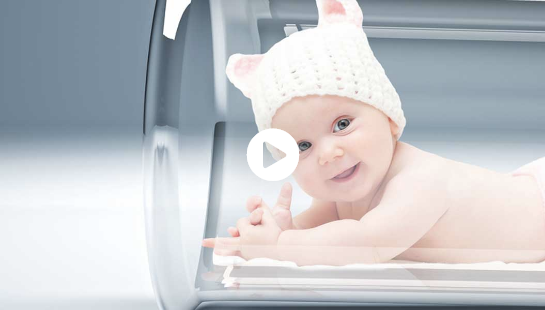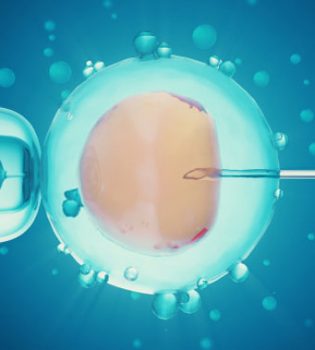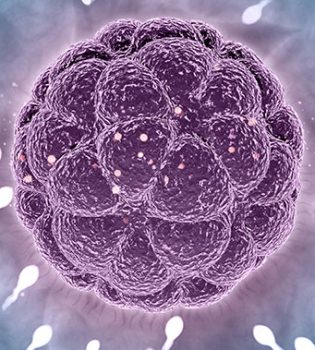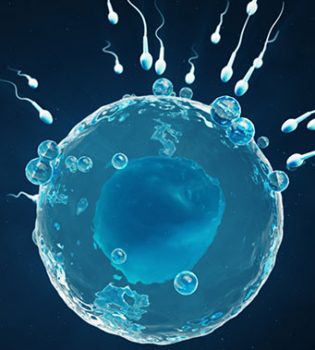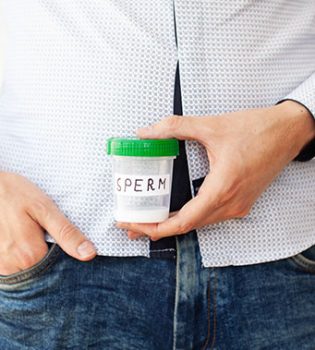The ideal reproductive age for women is between 20-30. However, in modern societies, the age at marriage and, accordingly, the gestational age are gradually delayed. Today, especially with the increase of women taking an active role in business life, they may delay their gestations. There are many women who had babies at an advanced age, especially are waiting for their 30s to have their first baby. In parallel with the developments in medicine, the developments in pregnancy follow-up have also become encouraging for advanced age pregnancies. The fact that many couples who have been treated for infertility for many years and cannot have children want to benefit from the successes achieved in infertility treatments also play an important role in this increase. This situation brings some medical problems with it. Women who want to become a mother at an advanced age but cannot become a mother by normal means, Pregnancy rate in in vitro fertilization also decreases due to the decrease in the number of eggs after the average age of 35 or the deterioration of the quality of the eggs. For this reason, women are advised to marry early and not to delay pregnancy.
What is the IVF Approach in Advanced Maternal Age?
When the advanced maternal age is mentioned, it is understood that the expectant mothers who are 35 years old and over. A woman’s potential to become pregnant begins to decrease as her age increases. By the age of 40, the probability of getting pregnant decreases by around 50%. Although the chance of getting pregnant with natural methods decreases, this chance can be increased by 10% with infertility treatment. The important thing in this treatment is the reserve of the ovaries. When planning pregnancy in the 40s, the general health status of the person is also of great importance. Since it is very difficult for women over the age of 44 to respond to treatment, we do not recommend IVF.
Egg cell (ovum) quality in the ovaries of the woman is of great importance for the success of the IVF method. Egg cell reduction or deterioration in quality may occur at an earlier age in some cases and at a later age in some cases. In some cases, no eggs can be found for IVF in expectant mothers with advanced age.

Does Success in IVF Treatment Change According to Seasons?
As a result of in vitro fertilization treatments carried out for many years, it is revealed that the success of the treatment does not change according to months or seasons.
How Many Times Can IVF Applications Be Repeated?
Although there is no known limit to the treatment, 7-8 applications can be made. It is ideal to wait 1,5-2 months between two IVF attempts. The financial situation of the couples and the suitability of psychological factors are also very important. No need to try again if the man does not have sperm and the woman does not have an egg. On the other hand, it may not be right to set an upper limit for people who can create quality embryos and do not have a serious uterine problem, we encounter couples who were successful in the seventh or eighth trial. However, it should not be forgotten that monthly success drops significantly after the third attempt.
What is the Success of IVF Treatment?
Although pregnancy rates vary from center to center and according to the characteristics of the couple, the worldwide accepted rate of conception is around 30-70% and the rate of taking a baby home is around 35%. The remaining group of 30% cannot have children today despite all the possibilities of modern medicine. The success rate of IVF treatment is higher in young couples who have not had a previous failed IVF attempt. The success rate is lower if the age of the woman is 35 and the age of the man is over 45.
What are the Factors Affecting the Success of IVF Treatment Negatively?
Age of the couples, severe damage to sperm, adhesions that will prevent embryos from adhering to the uterus, problems such as fibroids or polyps, water-filled tubes, and endometrioma (chocolate cyst) adversely affect the success of in vitro fertilization.
Do the drugs used for IVF have a permanent effect?
Since the drugs used for treatment are similar to human hormones, they do not have a permanent effect on the expectant mother.
